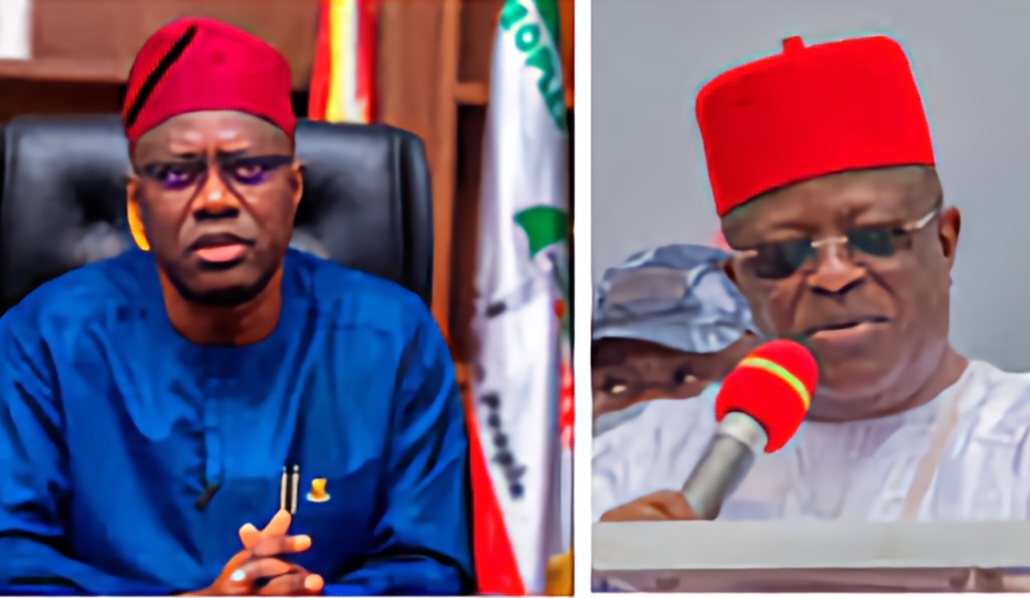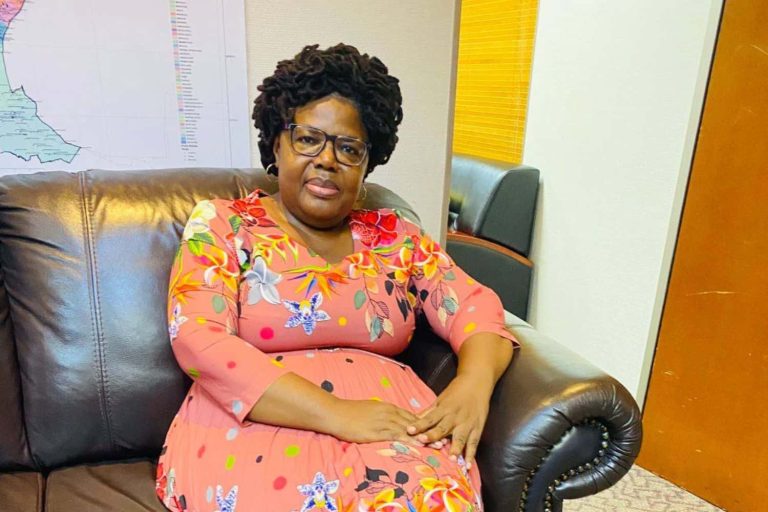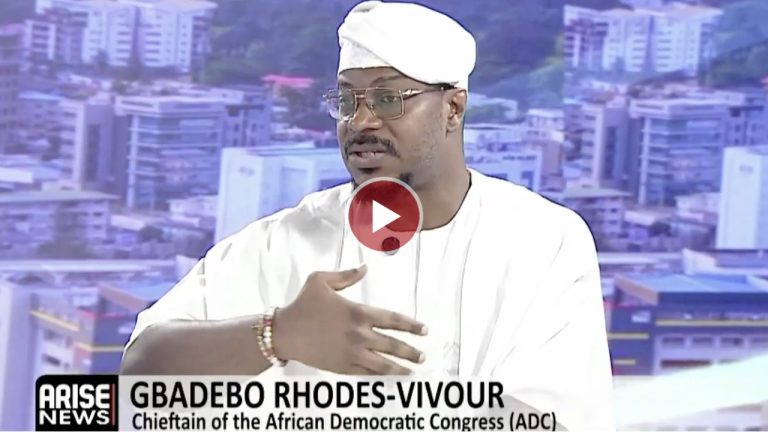
Minister of Works, David Umahi, has responded to Oyo State Governor Seyi Makinde’s criticism of the cost per kilometre of the Lagos–Calabar coastal highway, defending the project’s valuation and challenging the governor to a public debate.
The disagreement stems from Makinde’s comments questioning Umahi’s cost estimates for the multi-trillion-naira highway one of President Bola Tinubu’s flagship infrastructure projects.
During an interview on ARISE NEWS, Umahi appeared irritated when pressed by anchor Oseni Rufai about the project’s cost per kilometre, saying the figures were too complex for the journalist to understand.
Makinde later mocked Umahi, insisting that the question was legitimate and accusing the minister of “dancing around” the actual cost.
“They asked a minister how much the coastal road is, and then you are dancing around,” Makinde had said, comparing Umahi’s figures to those from projects executed in Oyo State.
But speaking on Saturday during an inspection of the Keffi Bridge and Nasarawa–Toto road projects, Umahi dismissed Makinde’s remarks as “a misunderstanding of technical and cost-evaluation processes” in road construction.
“I heard that my brother and friend, Governor Makinde, said something about the cost per kilometre,” Umahi said.
“I don’t want to join issues with him. I think he is an engineer, while I am an electrical engineer they call us ‘elect-elect’. But this road construction matter, ‘elect-elect no reach there’.”
Umahi described Makinde as “a brother and friend” but urged him to withdraw his comments and seek clarification rather than ridicule.
“I am his senior both in governance and in engineering practice. Anything he doesn’t understand, he should call me and ask,” Umahi said.
“I have great respect for him as my friend and brother, but he should withdraw the statement that I’m dancing around. If he insists, he should come for a debate it’s very important.”
Explaining the figures further, Umahi said the cost per kilometre could be viewed from two angles estimated and average both of which are valid but serve different technical purposes.
“There is no ambiguity in cost per kilometre.
Cost can be divided into estimated, which has elements of variance, and average, which is definitive,” he said.
“The average cost is based on actual work, while the estimated cost allows for probable variations.”
He added that estimated costs include provisions for contingencies and price adjustments that may not always be used.
“When the project is completed and unused items such as contingencies are removed, what you have left is the actual cost,” Umahi explained.
In a light-hearted jab, Umahi also said critics who used artificial intelligence (AI) to verify road-cost concepts had inadvertently confirmed his point.
“When someone lacking technical knowledge goes to ask AI about the difference between estimated and average cost, I’m glad AI told him exactly what I said,” he quipped.
his credentials, referencing the National Universities Commission’s (NUC) recognition of professorship through practice.
“You can become a professor through practice, and I think God has made me one when it comes to practical field engineering that’s what it is; you can’t take it back,” he said.
Erizia Rubyjeana



